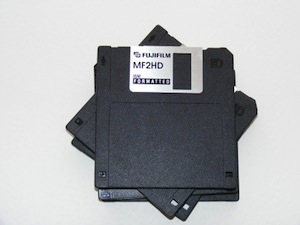Government Surveillance: Cheaper and Deeper
Technical advancements and plunging costs for digital storage mean that government surveillance programs no longer have to be selective about the data they store. And with the average person leaving a trail of Web browsing, emails, text messages and more, there's plenty of information that can be filed away on individuals.
Technical advancements and plunging costs for digital storage mean that government surveillance programs no longer have to be selective about the data they store. And with the average person leaving a trail of Web browsing, emails, text messages and more, there’s plenty of information that can be filed away on individuals.
— Posted by Alexander Reed Kelly.
Your support matters…The Caucus at The New York Times:
John Villasenor, an electrical engineer at the University of California, Los Angeles, studied the plummeting cost of computer data storage and reached an astonishing conclusion: It will soon be technically feasible and affordable to record and store everything that can be recorded about what everyone in a country says or does.
… Mr. Villasenor, also a senior fellow at the Brookings Institution, estimates that to store the audio from telephone calls made by an average person in the course of a year would require about 3.3 gigabytes and cost just 17 cents to store, a price that is expected to fall to 2 cents by 2015. Tracking a person’s movements for a year, collected from their cellphone, would take so little space as to carry a trivial cost. Storing video takes far more space, but the price is dropping so steadily that storing millions of hours of material will not be a problem soon.
Independent journalism is under threat and overshadowed by heavily funded mainstream media.
You can help level the playing field. Become a member.
Your tax-deductible contribution keeps us digging beneath the headlines to give you thought-provoking, investigative reporting and analysis that unearths what's really happening- without compromise.
Give today to support our courageous, independent journalists.






You need to be a supporter to comment.
There are currently no responses to this article.
Be the first to respond.